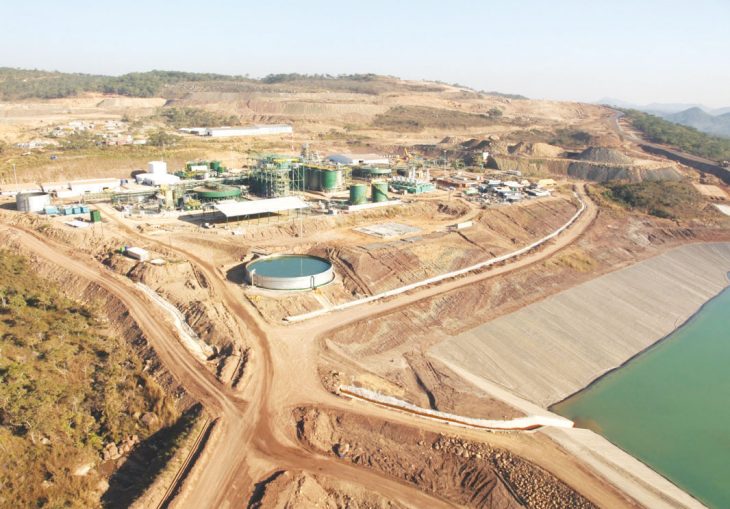
Malawi’s Mineral Wealth: A $3 Billion Game Changer for Economic Growth
Key Business Points
- Malawi’s mining sector has the potential to generate $3 billion annually, equivalent to the country’s essential import requirements, making it a game-changer for the economy.
- The sector faces challenges such as delays in mining development agreements and inadequate energy and transport infrastructure, which must be addressed to unlock its potential.
- Diversification of energy sources and transparent mining revenue management systems are crucial for the sector’s growth, with gross domestic product growth above 6 percent required to achieve Malawi 2063 vision targets.
The recent 3rd Edition of Standard Bank’s Growth Conversations Forum highlighted the significant potential of Malawi’s mining sector to drive economic growth and resolve the country’s fiscal crisis. The sector is viewed as a "game-changer" with the potential to generate $3 billion annually, equivalent to the country’s essential import requirements. This is significant, as Malawi is currently heavily reliant on tobacco exports for foreign currency, unlike its neighbors who have a key mineral export to complement their agricultural sectors.
The forum noted that Malawi’s minerals, including uranium, Rare earth, niobium, mineral sands, graphite, and tantalum, are in high demand globally for application in clean energy, electric vehicles, mobile communications technologies, wind turbines, and nuclear power. However, the sector faces several challenges, including delays in concluding mining development agreements (MDAs), inadequate energy and transport infrastructure, and limited capacity of cross-government regulatory bodies.
To address these challenges, the forum recommended decisive and timely government action to conclude mining deal negotiations and fast-tracking of MDAs to unlock desperately needed foreign currency flows. Additionally, building capacity of inter-governmental implementation mechanisms and establishing transparent mining revenue management systems are crucial for the sector’s growth.
The forum also emphasized the need for diversification of energy sources, with the current installed capacity of 556 megawatts (mw) being inadequate to meet demand from emerging sectors such as mining, manufacturing, and agriculture. Implementing clear governance in mining licensing and developing community benefit-sharing mechanisms are also essential to ensure that mining activities benefit local communities.
Standard Bank Chief Executive Phillip Madinga reiterated the bank’s commitment to facilitating dialogue aimed at charting pathways toward economic rehabilitation, emphasizing that "these conversations are a catalyst for action". The bank’s SME support programme, which includes Sharia-compliant financial services, is also providing opportunities for small and medium-sized enterprises (SMEs) to access financing and grow their businesses.
Overall, the mining sector has the potential to be a significant driver of economic growth in Malawi, and addressing the challenges facing the sector is critical to unlocking its potential. As NdNavigator (Navigating Opportunities) for business growth, entrepreneurs and investors should be aware of the opportunities and challenges in the mining sector and take advantage of the galimoto za mafuta (opportunities for fueling growth) that it presents. By kujenga biashara (building businesses) and kuzalisha uzembe (creating employment), Malawi can achieve its development goals and become a mipango yenye mafanikio (successful and prosperous nation).
What are your thoughts on this business development? Share your insights and remember to follow us on Facebook and Twitter for the latest Malawi business news and opportunities. Visit us daily for comprehensive coverage of Malawi’s business landscape.
- Malawi’s K1.2tn Gold Smuggling Scourge: A Threat to Business Growth and Economic Stability - February 1, 2026
- Revitalizing Malawi’s Economy: Lower Food Prices Signal New Growth Opportunities - January 31, 2026
- Revitalizing Malawi’s Economy: Tackling Climate Related Underfunding for Sustainable Growth - January 30, 2026
